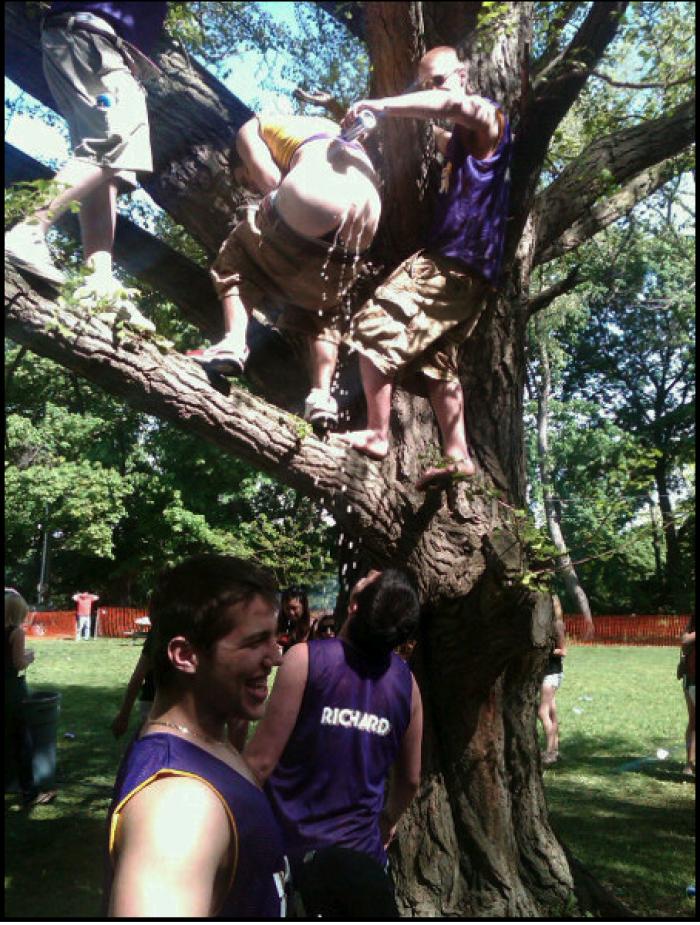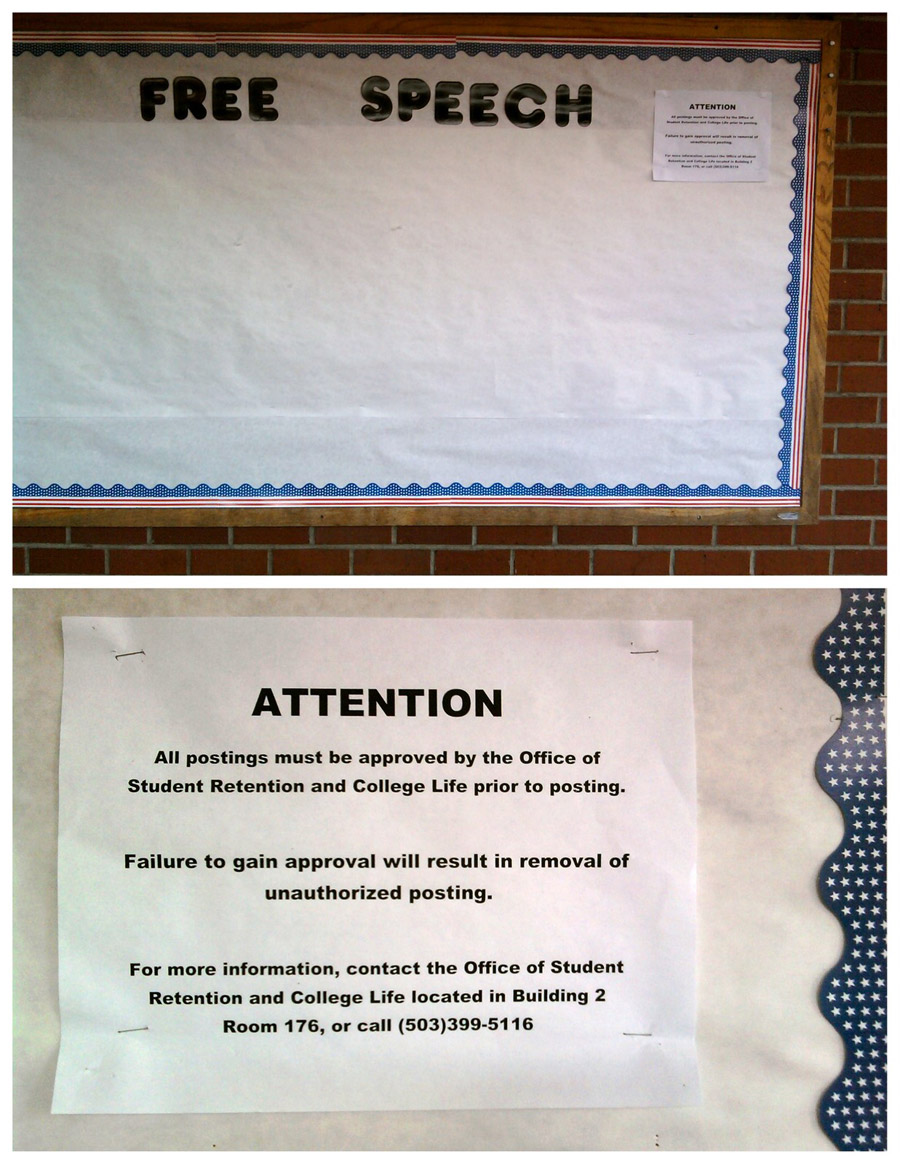Chapter 1: Eviction Day
Isaac Tweedy woke early on the morning of June 1st of last year. He was in his truck and checking off addresses before dawn. As a college town landlord, many of his tenants’ May-to-May leases were up, and it was time to kick out the graduates.
7041 Lancaster Avenue was his first stop. After ringing the doorbell, knocking repeatedly, and getting no answer after calling each tenant individually, Tweedy entered the apartment with his own key.
What Tweedy found inside was astounding. One twenty-two year old was passed out on a loveseat, Cheeto dust all over his Xbox controller, blue basketball shorts, and bare chest. Another, groggy and drooling, hugged the bathroom toilet like it was a buoy. And a twenty-three year old drifted in and out of consciousness as he performed the onerous task of garbage-bagging over a hundred dollars worth of unrecycled empty bottles and cans.
“It’s like this every June,” Tweedy said. “They sleepwalked through the last four years and can’t change their habits. If they didn’t acquire any survival skills at all…well, not all of them are exactly grad school material.”
* * *
American colleges produced over three million graduates in the year 2010. What’s more astonishing is that many of them have wasted their whole potential, going from promising high-school honor students to dull-eyed diploma-holding twenty-somethings in what feels like the blink of a half-decade.
How can this kind of personal erosion be explained? I propose a “10,000 Hour Rule”: in order for the average university student to really fall apart, they must waste a total of 10,000 hours of their time at college.
Assuming that college occupies eight months of each year, an average four-year college student spends 36 months at school, or 26,280 hours. If approximately 30%-40% of those hours are spent on sleep, and a conservative minimum of 10% are spent on class attendance and Adderall-fueled actual work, that leaves a narrow window within which the average student can waste the 10,000 hours necessary to becoming a Nonstarter.
In this book, we’ll examine how strategies as diverse as a fifth year of school, creative avoidance of class attendance, copy-and-paste-ing from Wikipedia, and knowing “that one bartender” have helped millions of college students accomplish a degree…and not much more.





